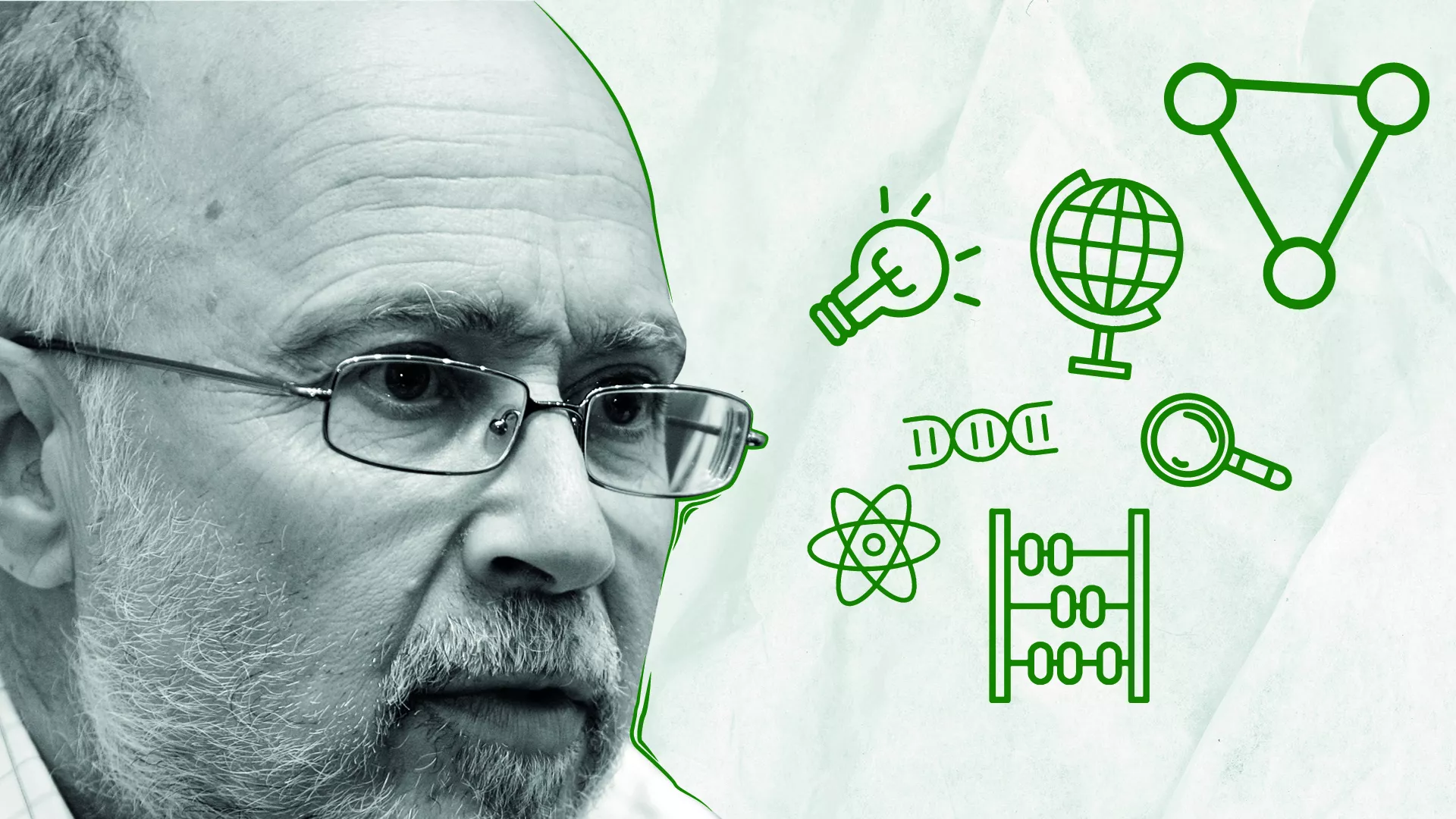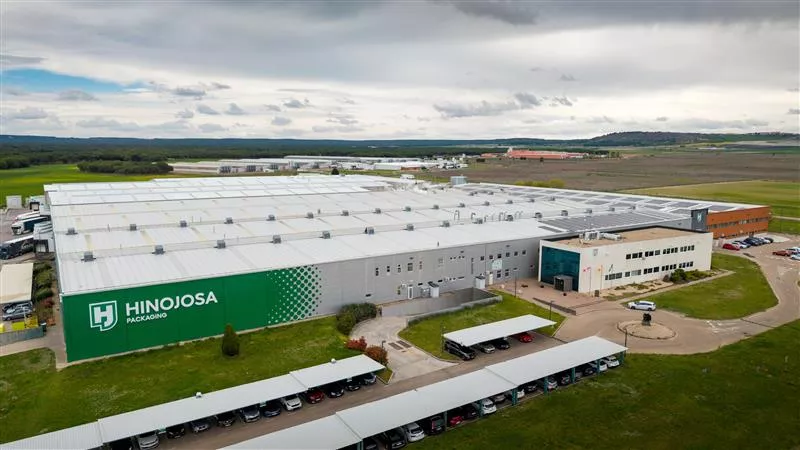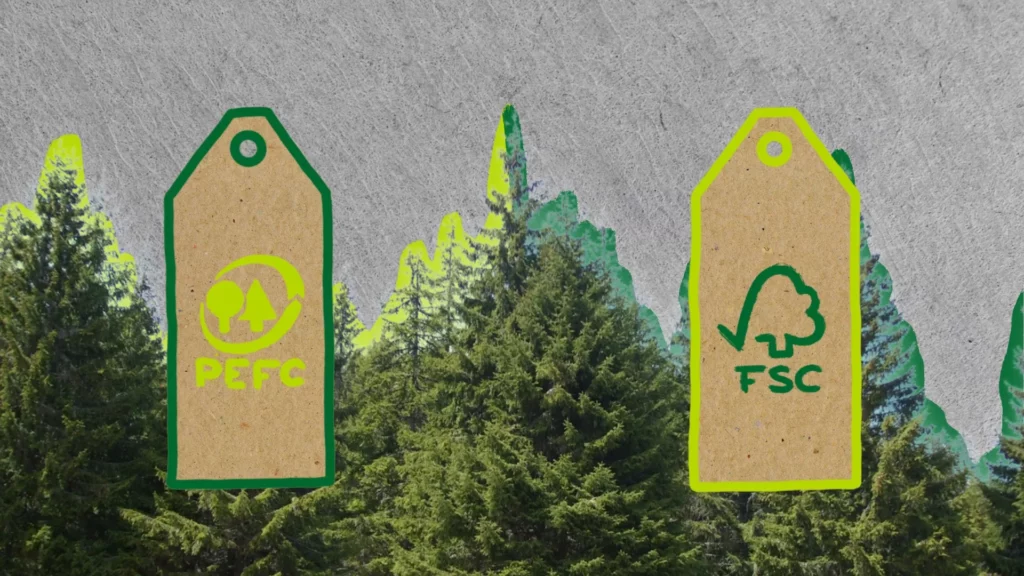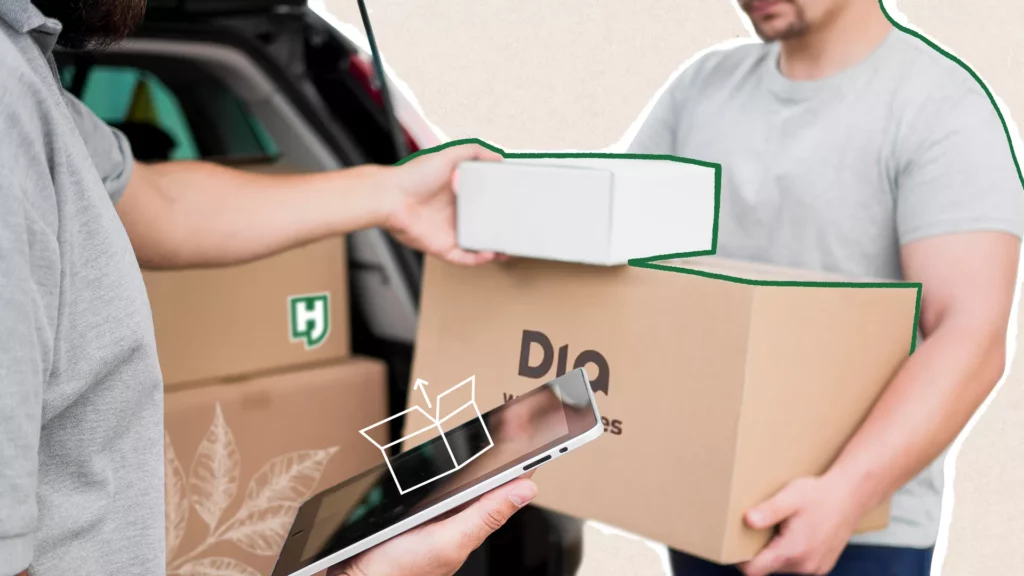Each IPPC report draws dramatic conclusions. Is there still time to slow down global warming?
The richest countries, particularly in Europe, are decisive in their economic efforts towards the decarbonisation of industry and thus towards a more sustainable planet, with decreasing dependency on fossil fuels. In contrast, the rest of the world is not meeting these standards, not due to an evil intent but rather, because it is impossible for them to meet these standards if they want to continue to develop. Rich countries are rich because they have developed over the past 150 years through the burning of fossil fuels.
If we want to solve the energy problem we have to turn our attention to renewable and nuclear energies, and we cannot go without fossil fuels. One example of this is electrical energy. More than half of electrical energy comes from fossil fuels: it is not in nature; it has to be created. Up until last year, fossil fuels accounted for up to 80% of gross primary energy worldwide. If the solution proposed to slow down global warming is to forego fossil fuels, we will not be able to achieve it. It is a utopian ideal. In rich countries we can use electric cars, but the poor cannot because they are expensive. The energy problem is not easy to solve and it is the basis of all the problems of climate change.
What is the role of industry? Is enough being done?
Europe has committed to meet the Sustainable Development Goals: a very interesting and reasonable plan. However, it is very restrictive in terms of sustainability criteria such as emissions and energy consumption. Very stringent legislation has been developed in order to comply with the SDG. However, if – beyond the ethical consideration – industry is not able to generate benefit, it will not succeed. As a consequence, we are experiencing the problem of offshoring. The majority of industries that manufacture in Europe, if faced with too many demands in terms of sustainability here, that they would not face in countries in Asia or Africa, will generally move a large part of their industry to those countries. It is not easy for small or medium-sized companies to coexist with these criteria.
“The energy problem is the basis of all the problems of climate change.”
What role do citizens play through consumer habits? The amount of waste generated acts as a thermometer to evaluate our productive model. For decades we have worked within a linear model with visible consequences. Was this true progress?
In my latest book La sociedad del desperdicio (The society of waste), I talk a lot about this. We are a society of waste: we have built and developed a civilisation around it. It is a type of development that has many vices, that generates innumerable waste items and then poisons us, drowns us and harms us… producing long-term environmental effects that are irreversible in the future. The question of waste is of crucial importance; it is something that we do badly and we can do better.
We may think about the thousands of tonnes of packaging waste thrown into the sea. But in our own homes we throw out food that is perfectly good. When we were children we ate our grandma’s stew and we made something else from the leftovers the next day. This is part of what it means to have sustainable habits. Another example is the toilet. In Spain we use drinking water to flush the toilet, even though there is a water shortage. I could provide hundreds of examples. Our development model leaves much room for improvement.
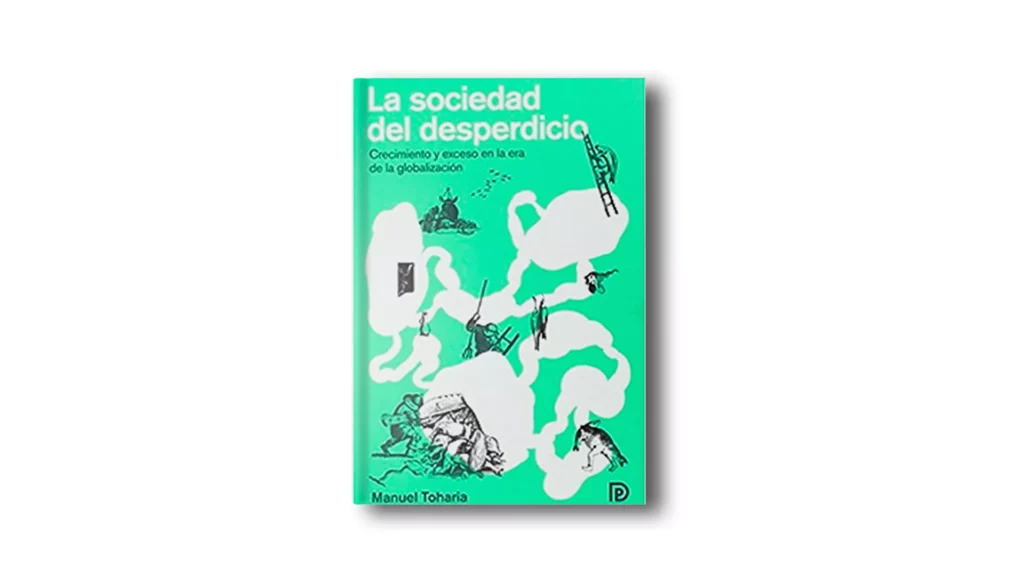
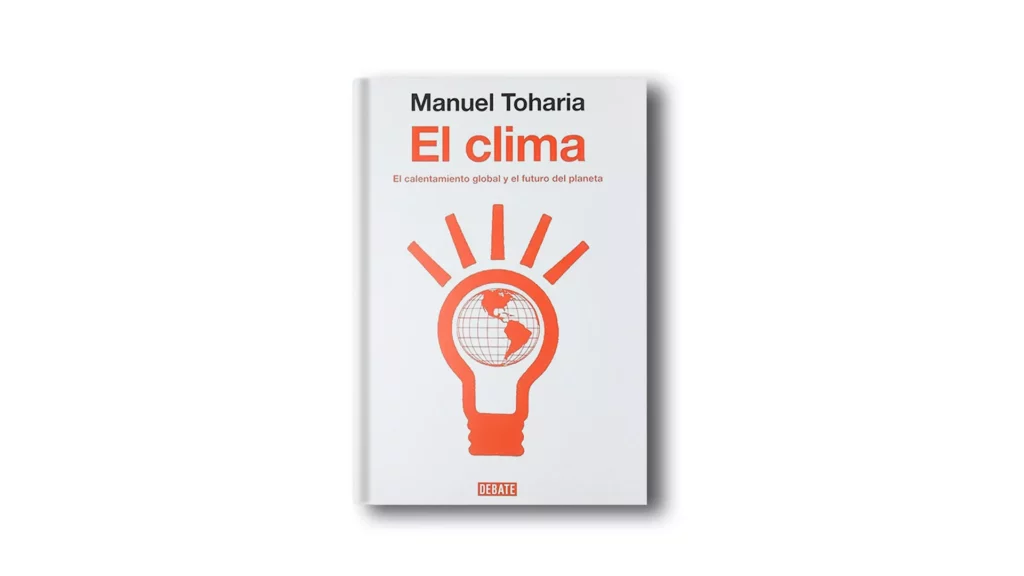
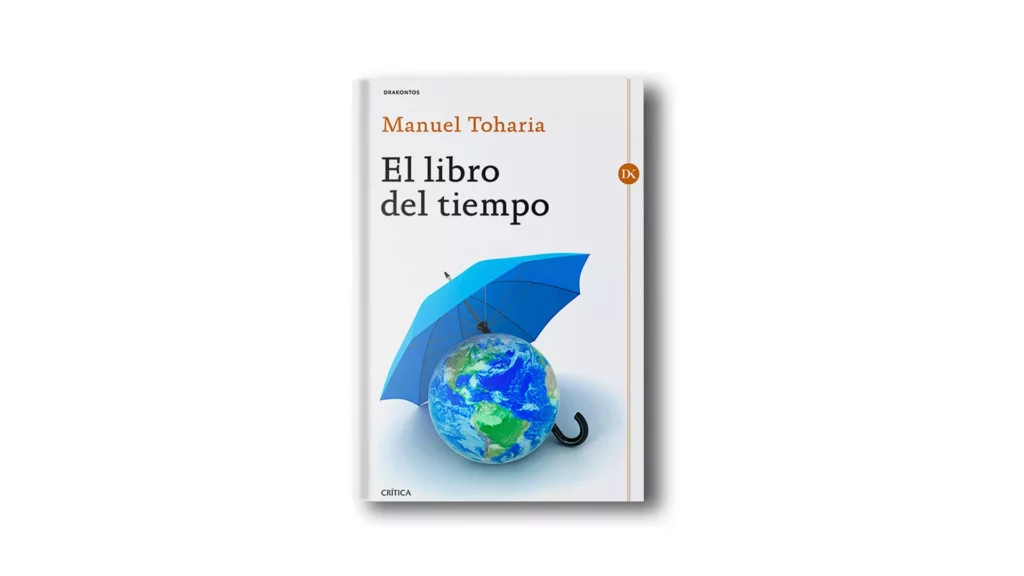
How can we meet the demand for water, food, materials and fuel of a population that is continually growing and consuming, without exhausting the resources of our ecosystem? There is a lot of talk about regeneration. Can we grow by regenerating something that has already been destroyed?
Not exactly. The issue of regeneration is related to the circular economy. It is about the ability to circulate everything we generate so that it arrives back at the beginning in a different form. This means reusing and more importantly, recycling materials. So even if we use energy that we cannot gain back, at least the material – or much of the material- can be reused.
“The circular economy means reusing and, more importantly, recycling materials.”
The impact of a single container goes beyond its primary use. While we recognise the complexity of analysing the real impact of one type of packaging against another, what elements should be considered in order to reach rigorous conclusions?
In order to analyse the impact of packaging, it is helpful to consider its effects during the entire life cycle: from its origin or raw material, through its duration, use and properties, to the end of its useful life. Taking into account manufacturing, all the subprocesses associated with transport and the other stages of the lifecycle; the measurement and calculation of CO2 equivalent emissions at each of these stages, the distance, final treatment and number of uses with corresponding sensitivity analysis.
You say that the solution to the problem of environmental impact can be found in prioritising renewable materials. What are the advantages of cardboard over plastic? What makes plastic packaging, even if it is reusable, less sustainable?
Plastic and containers made of (mainly single-use) plastic are made from 90% petroleum, a fossil fuel. Plastic is an extraordinary invention and it is immensely practical but when it is not transformed in the circular economy, it is thrown away, and it almost always ends up in the sea. In the cycle of degradation, it progressively converts into microplastics, harming the environment. Plastic never stops being plastic, while other organic materials such as cardboard, paper and wood decompose into fundamental elements such as carbon and hydrogen, which are then absorbed by nature.
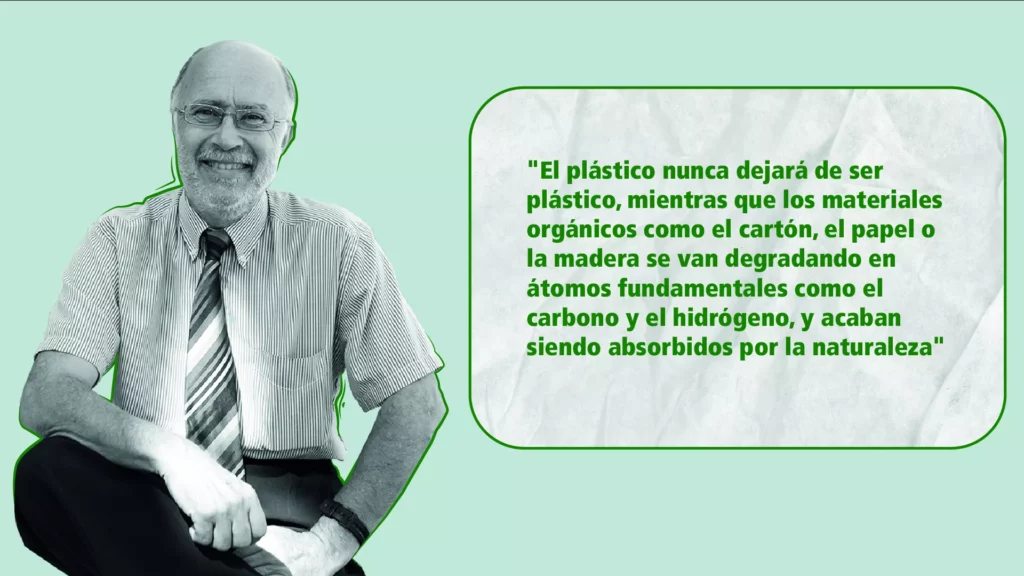
What is the role of the cardboard industry in forest regeneration?
The cardboard industry has a fundamental role regarding forests as they are the source of their raw material. This is an industry with the potential to be fully sustainable. If there were a measure in place, such as planting one tree for every one used, it would guarantee not only survival but also a profitable and fully sustainable cultivation process. This is what the FSC certification implies. The cardboard industry can be fully sustainable because not only do you not take something away, but instead you maintain and increase it. You can ensure a future rich in resources.
How do you see the future of packaging? What aspects should mark the coming decades?
For the future of packaging it is essential to eliminate everything to do with plastic and anything that is not fully sustainable. The trend towards sustainable packaging will be a global trend, despite resistance in places like Asia, who are the current leaders in plastic production.
